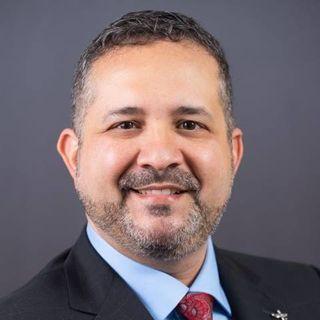
How Much Do You Need for an Emergency Fund?
An emergency fund should cover disasters such as a job loss, sudden illness, broken car or other catastrophe that can leave you without money or the means to work for a while. Knowing how much money to save depends on a few factors. Here are some to consider:
Insurance
Life, health, auto and supplemental insurance should cover some of life’s unexpected downfalls. That’s what they’re there for and should be used when needed. But many will include a deductible or copayment to be made, so having at least that amount set aside in a savings account that you don’t have easy access to should be your first step. Also, set aside enough money to pay the insurance premiums for at least six months if you lose your job.
Monthly Expenses
If you have an injury and can’t work, or you lose your job, an emergency fund should be able to pay all of your bills for an extended period of time. Start by saving for one month of expenses, then increase it from there. Ideally, you should save for six months of expenses.
Focus on bills that have to be paid first These include rent or a mortgage payment, utilities and insurance. From there, add groceries, gas and any debts you have.
Married? Have Children?
Being single can keep your expenses low. Having a spouse and/or children can require having a bigger emergency fund, though a working spouse will be able to contribute to the household budget if they still have a job when you’re out of work.
If you’re the sole breadwinner, having six months of savings is important. If you and your spouse work, you may be able to get by with less.
Job Search
You know your career prospects better than anyone. If you were laid off today, how long would it take you to find a new job? The quicker the process, the less you need to save for this emergency, though you may want to hedge your bet and save for longer.
The Bureau of Labor reports that the average unemployment period lasts for about 24 weeks or six months. It can be less than that if you work in a field where jobs are plentiful.
Automatic Payments
The amount of your emergency fund should be set to your level of comfort. Don’t look at it as an immediate savings goal that must be reached now or in the next few months. It can take a year or more to get your emergency fund where you want it.
Tackle it a little at a time by making automatic deposits from your paycheck or checking account. Set up a separate savings account that can’t be accessed online and must be withdrawn from in person, if possible. Setting up automatic transfers may be the easiest way to fund your emergency fund fully.


